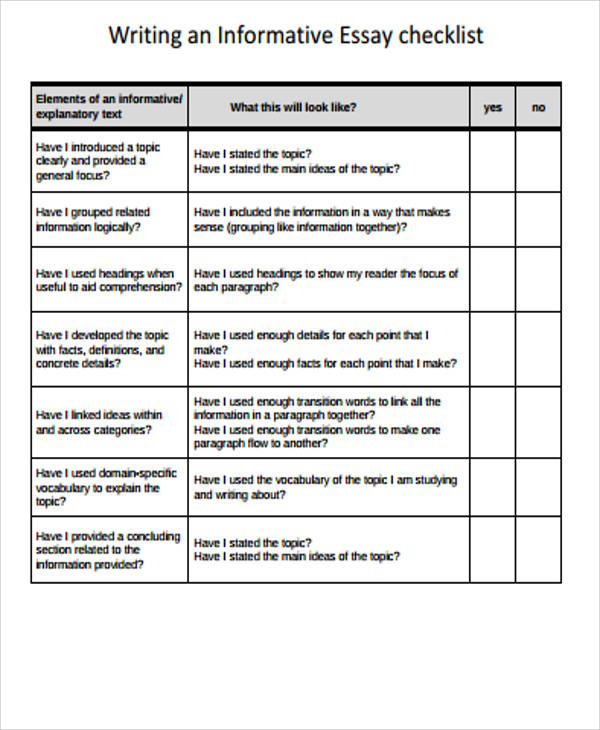

Look for mistakes in sentence construction, and typos. It may be useful to divide your bibliography in “primary” and “secondary” sources, and have the primary sources listed first. 123-38) if from a novel, the page number will suffice. If you are quoting from a play, indicate where in play that particular line is from (eg Act I, Scene II, ll. This may appear obvious, but make sure you have referenced primary sources too, and the editions you are using. Check you have referenced primary sources as well If you are in doubt, you should ask one of your tutors. Whether you choose to use MLA or Chicago (footnotes and bibliography), make sure you are following your referencing style closely. Check your references are accurate and correct It also has to appear clear to the marker whether you are paraphrasing a source or quoting directly from it. You have to be particularly careful in differentiating what you have quoted or paraphrased from somewhere else, and what is actually your own opinion. Your marker will look for your own individual voice and original ideas as well as engagement with secondary sources. Check you have referenced every idea that is not yours You are also strongly advised to have the essay ready between 24 and 12 hours before the final submission deadline (ideally, if not earlier), as some of the “things” in this checklist require reading the essay a few times. Now go through the checklist below, as it should help you spot possible flaws in your essay before submitting it. You have finished your essay and you think it is ready for submission. However, DO NOT start worrying about sentence-level problems until you are confident that you have finished all the big picture concerns.10 things to do before you submit your essay Final draft checklist Before you turn in your paper, be sure that you do not have any mechanical errors. NOTE: Grammar, punctuation, and other sentence-level concerns are very important to any history essay. Have I spell-checked my paper? Have I proofread it for typos and grammar problems?ĭoes my paper end with a strong conclusion? Does it relate back to my thesis? Do I have any loose ends? Does it feel finished? Is my tone appropriate to the assignment, subject matter and the course? Do I sound too informal? Too stuffy? At any point am I condescending or offensive?Īm I writing to the proper audience? Who am I supposed to be writing for? My professor? A classmate? A random person off the street? Is my paper geared for this audience?ĭo I use proper citations? Have I made it clear which ideas are mine and which come from my sources? Have I followed the citation style my professor suggested? If there is no specification, did I follow a standard form in a published style manual? Is my argument well-developed? Do I give sufficient support in examples, quotations, and details? Do I use too many quotations? Do I quote enough? Do I have any questions unanswered?ĭoes all the information I have included relate to my thesis? Is it all necessary? Does it add to my argument, or detract from it? Is my paper well organized? Does it have an introduction, a body and a conclusion? Do my paragraphs flow logically and smoothly? Do I include transitions? If you answer ‘no’ to any of the following questions, you have probably identified a place where your paper needs a bit more work.ĭoes my paper respond to the assignment? Does it answer the question? Is it in the proper form?ĭo I have a thesis statement? Does it express my main idea? Is it too narrow? Too broad? Misleading?

If you find yourself unsure of the answers, ask a friend, your professor, or someone in the Teaching and Writing Center for help. After you have completed a draft of your paper, think about each of the following questions.


 0 kommentar(er)
0 kommentar(er)
